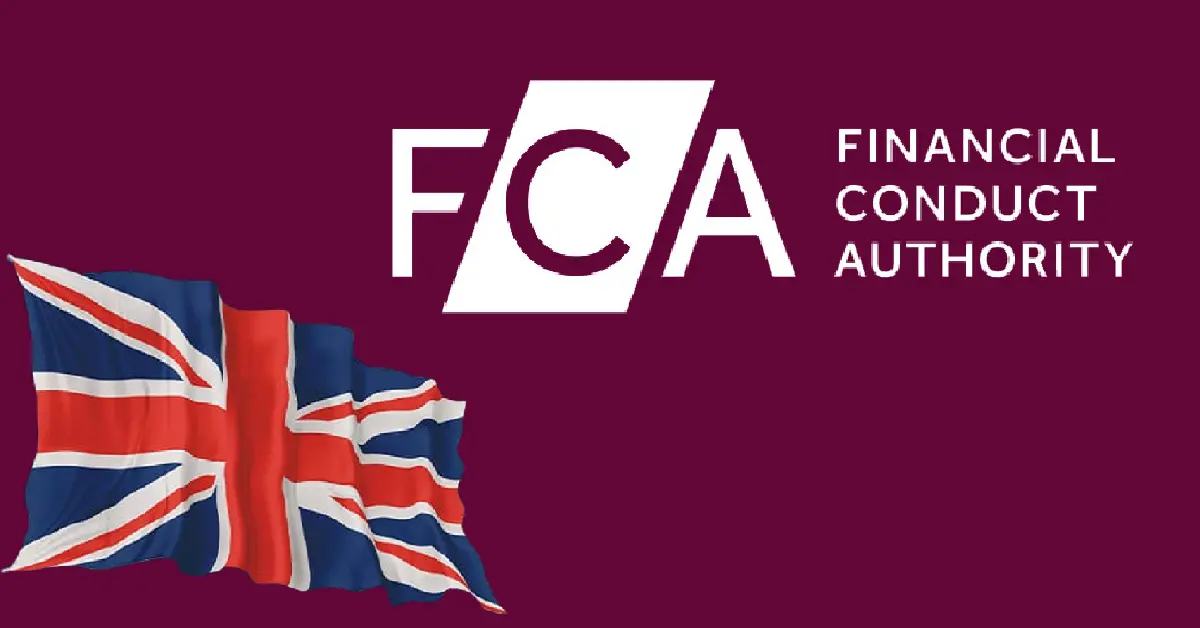
“`markdown
The UK’s financial landscape is undergoing a seismic shift as cryptocurrencies evolve from niche assets to mainstream financial instruments. With 12% of UK adults now holding crypto assets—triple the 2021 figure—the Financial Conduct Authority (FCA) faces mounting pressure to construct regulatory guardrails without stifling innovation. This delicate balancing act unfolds against a backdrop where decentralized finance (DeFi) platforms process billions daily while operating outside traditional oversight frameworks, creating both unprecedented opportunities and systemic risks.
The Regulatory Tightrope Walk
The FCA’s roadmap reveals a nuanced strategy targeting three pressure points:
Global Alignment vs Local Realities
While harmonizing with US frameworks remains a priority, the FCA demonstrates pragmatism in key areas:
– The Travel Rule Adaptation: Rather than copy-pasting FATF guidelines, the UK version allows crypto firms to use blockchain analytics tools for transaction monitoring—a concession to privacy-focused protocols.
– Stablecoin Sandbox: The Bank of England’s 2024 pilot program permits select stablecoins to settle securities trades, creating a controlled environment absent in US regulations. Early data shows these transactions settle 90% faster than traditional systems.
Industry pushback persists, particularly regarding the FCA’s “innovation buffer”—a 12-month grace period allowing new products to launch before full compliance kicks in. Crypto startups argue this still lags behind Singapore’s 18-month window, potentially driving talent offshore.
Consumer Protection in the Algorithmic Age
The FCA’s consumer research reveals troubling gaps:
– 43% of UK crypto investors cannot explain blockchain basics
– 31% mistakenly believe the Financial Services Compensation Scheme covers exchange failures
To combat this, the regulator is rolling out “Crypto Health Warnings”—mandatory risk disclosures that must occupy 20% of advertisement space. Early trials reduced impulsive trading by 15%. More radically, the FCA proposes “circuit breaker” rules allowing temporary trading halts during 15%+ price swings, a mechanism borrowed from traditional equity markets but controversial in crypto’s 24/7 environment.
The roadmap’s most forward-thinking element involves AI oversight. With algorithmic trading now executing 70% of crypto transactions, the FCA plans to subject automated trading systems to the same market abuse scrutiny as human traders—including potential liability for “wash trading” bots.
As the 2025 deadline approaches, the UK’s experiment emerges as a potential gold standard—blending US-style enforcement with EU-level consumer protections while carving out space for technical innovation. The real test will come when the first major DeFi protocol faces enforcement action, potentially setting precedent for how decentralized systems interact with national regulators. What remains undeniable is that as crypto permeates mainstream finance, the FCA’s framework could become the blueprint other nations emulate—or avoid—in this global regulatory race.
“`






